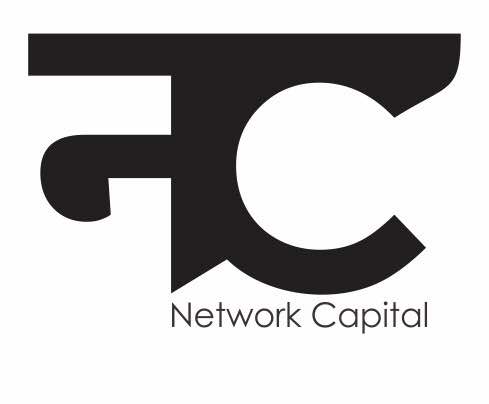Public Speaking Fellowship
Learn how to deliver memorable talks and persuasive presentations
Warren Buffet and Public Speaking
Should I learn to speak well because Warren Buffet said so?
The Utilitarian Trap
The fellowship journey
- Setting your long-term vision
- Nurturing clarity of thought & communication
- Effective writing & thinking
- Building your tribe of mentors
- Thinking in long-term & playing infinite games
- Building your personal brand
- Scaling yourself through communication
Capstone Project
At the end of the Fellowship, you will be ready to deliver a public talk (3-5 minutes). We will coach you, work on your drafts and help you put yourself out there. Remember you can’t get better hiding in a corner.
Towards the end, we will share your talk (if you agree) with our 100,000+ strong community.
Excited? Nervous? You should be both. We promise to make it worth your while and ensure you enjoy the ride.
Towards the end, we will share your talk (if you agree) with our 100,000+ strong community.
Excited? Nervous? You should be both. We promise to make it worth your while and ensure you enjoy the ride.
Timeline
The Fellowship starts on January 15 and goes on for 30 days. All classes and practice sessions will be in the evening/night so you can carry on with your regular work/study without any challenge.
Wrapping it up
The dividend on your public speaking investment will pay off for the rest of your career. Warren Buffett concluded advice to a bunch of business school students with this -
"Right now, I would pay $100,000 for 10 percent of the future earnings of any of you, so if you're interested, see me after class."
"Now, you can improve your value by 50 percent just by learning communication skills--public speaking. If that's the case, see me after class and I'll pay you $150,000."
"Right now, I would pay $100,000 for 10 percent of the future earnings of any of you, so if you're interested, see me after class."
"Now, you can improve your value by 50 percent just by learning communication skills--public speaking. If that's the case, see me after class and I'll pay you $150,000."
Interested in enrolling?
Session from the previous Cohort(s)
Fellows from our previous cohort
Frequently asked questions
How many mentoring sessions will I get? Who will be my mentor?
We host Office Hours (1:1 mentoring sessions) daily from 6pm to 9pm (IST). As Network Capital a subscriber and fellow, you can book as many mentoring sessions as frequently as you want.
These sessions are conducted by the faculty members of fellowship, distinguished leaders, and the Network Capital team. We will find the most suitable mentor based on your specific requirements.
These sessions are conducted by the faculty members of fellowship, distinguished leaders, and the Network Capital team. We will find the most suitable mentor based on your specific requirements.
What is included in the cohort experience? What can I expect in the fellowship?
The CEO Fellowship is a combination of live interactive sessions, 1:1 mentoring, self-paced projects and networking sessions.
In terms of the structure, the live sessions are held on weekends (taking in account the various time-zones in which fellows stay); and the mentoring sessions, projects and networking sessions are spread across the week.
In terms of the structure, the live sessions are held on weekends (taking in account the various time-zones in which fellows stay); and the mentoring sessions, projects and networking sessions are spread across the week.
How does the fellowship connect to the larger Network Capital experience?
The Network Capital experience is a combination of community, content, and career intelligence and our fellowships are a high-touch amalgamation of these three Cs.
All fellows, in addition to the fellowship resources, have complete access to all other Network Capital services and features.
All fellows, in addition to the fellowship resources, have complete access to all other Network Capital services and features.
What happens when the fellowship is over?
The tangible outcomes at the end of the fellowship are that you walk away with personalised feedback and mentoring, a power network of fellows from your cohort, learnings from your project, and a certificate of completion.
But the way in which Network Capital is designed, we ensure that your learning journey continues even after the fellowship. Post the fellowship you have access to fellowship reunions, future faculty sessions and networking events. You are also welcome to sign up for other bootcamps and fellowships and join in on Network Capital events.
But the way in which Network Capital is designed, we ensure that your learning journey continues even after the fellowship. Post the fellowship you have access to fellowship reunions, future faculty sessions and networking events. You are also welcome to sign up for other bootcamps and fellowships and join in on Network Capital events.

